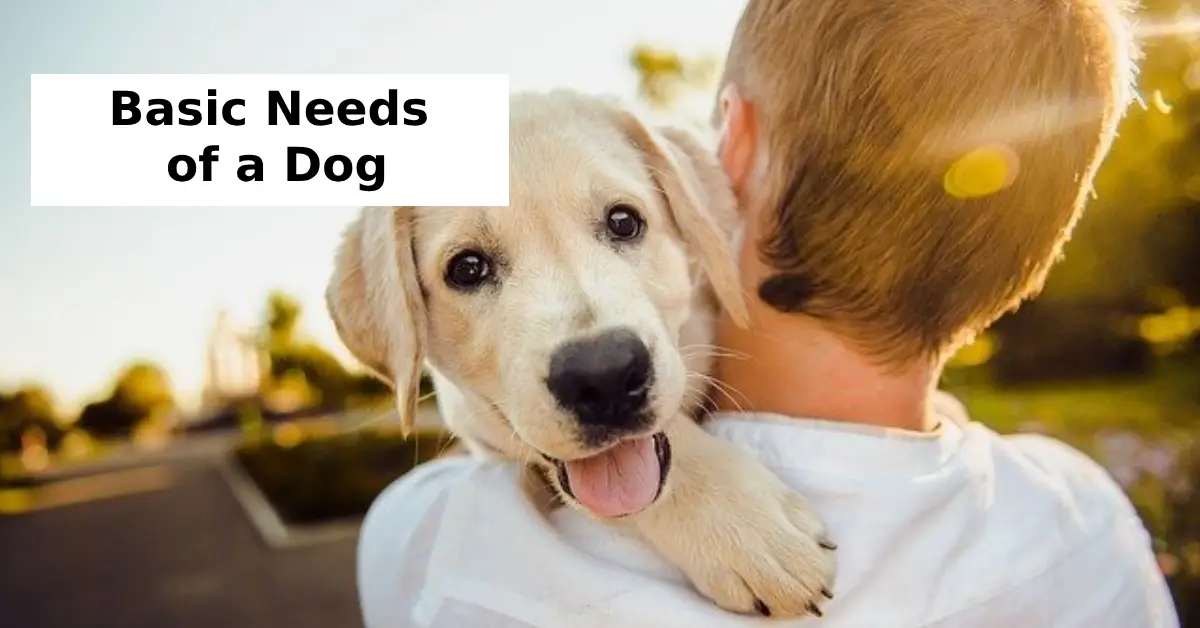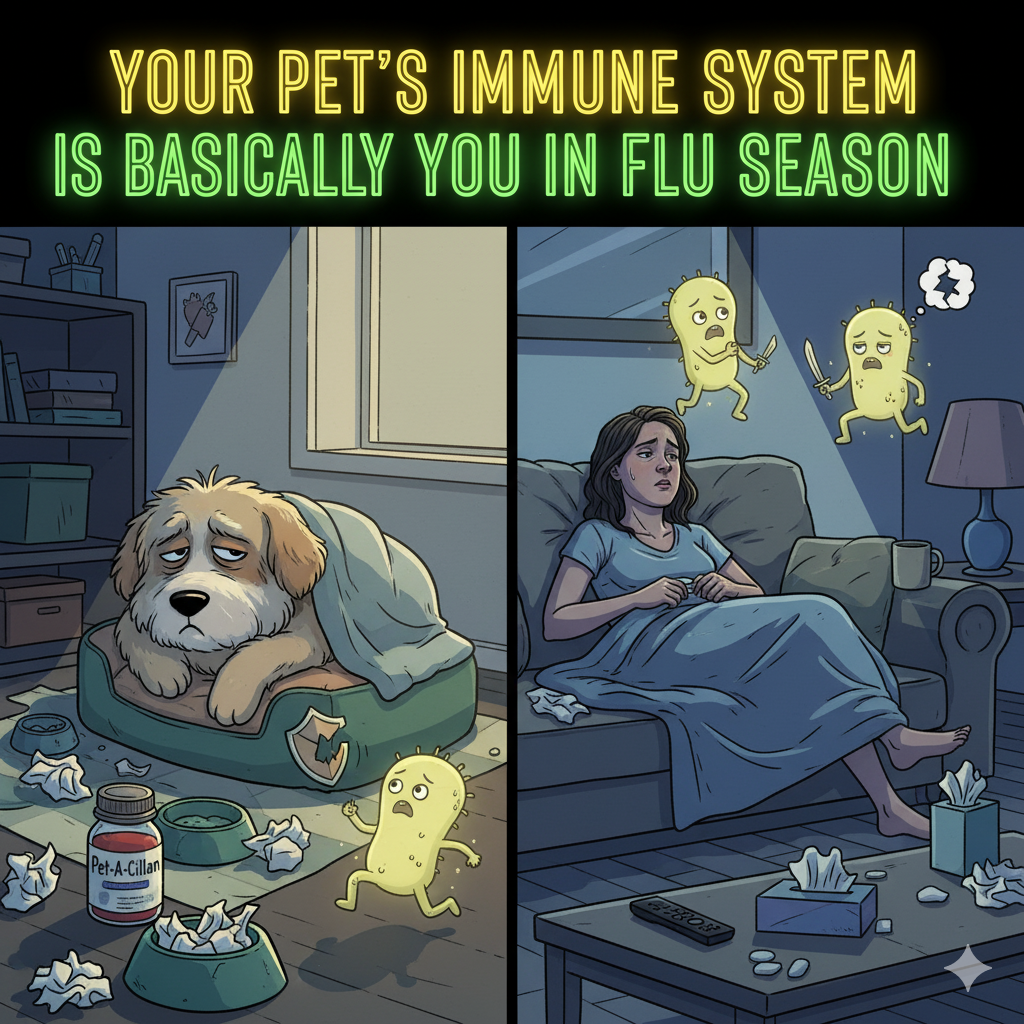If you’ve recently welcomed a furry friend into your life, congratulations! Dogs are loyal companions who thrive when their core needs are met. Understanding the basic needs of a dog is essential for building a strong bond, promoting good health, and ensuring a happy life for your pet.
Whether you’re a first-time pet parent, part of a family with young kids, or an urban millennial with a new pup, this expert guide will walk you through the basic dog care essentials to help you care for your canine with confidence.
Dog Nutrition Guide: A Healthy Diet Is Essential
One of the top basic needs of a dog is proper nutrition. Dogs require a well-balanced diet to stay active, maintain a healthy coat, and support strong immunity.
- Choose high-quality commercial food or consult a vet for a homemade meal plan.
- Feed your dog according to age, size, and breed.
- Puppies need more frequent meals than adult dogs.
💡 Pro Tip: Read our best dog food tips to understand ingredient labels and avoid fillers or artificial preservatives.
Daily Dog Exercise Routine
Dogs are active animals by nature. A consistent daily dog exercise routine helps prevent obesity, behavioral issues, and boredom.
- Small breeds may enjoy short walks and playtime.
- Large breeds often require longer, more vigorous activities.
- Play fetch, walk twice a day, or visit a dog park.
Exercise is one of the basic needs of a dog often underestimated, especially by urban dog owners. But remember, tired dogs are happy dogs!
Mental Stimulation for Dogs
Mental well-being is as important as physical health. Dogs need mental stimulation to stay sharp and stress-free.
- Use puzzle toys or treat-dispensing games.
- Teach new tricks or commands weekly.
- Rotate toys to keep them engaged.
Mental stimulation for dogs prevents destructive behavior and enhances their learning capacity. It’s a must-have part of a healthy care routine.
Safe Environment for Dogs
Creating a safe environment for dogs is critical. Whether inside the home or out in the yard, dogs must be protected from harm.
- Use baby gates, secure trash cans, and hide electrical cords.
- Install fences to prevent escapes in outdoor areas.
- Keep toxic foods and plants out of reach.
Providing a safe environment for dogs is one of the foundational basic dog care essentials every pet parent must prioritize.
Dog Grooming Tips at Home
Grooming goes beyond aesthetics—it keeps your dog clean, comfortable, and healthy. Here are some dog grooming tips at home:
- Brush your dog’s coat 2-3 times a week.
- Bathe once a month or as needed using dog-safe shampoo.
- Trim nails, clean ears, and brush teeth regularly.
Neglecting grooming can lead to painful mats, infections, or other health concerns, especially in long-haired breeds.
Creating a Dog-Friendly Home
Your home should feel as safe and welcoming to your dog as it does to you. Creating a dog-friendly home involves:
- Designating a resting space with a comfy bed.
- Using non-slip rugs to avoid injuries.
- Keeping dangerous items locked away.
Making minor adjustments to your home environment is a key part of meeting the basic needs of a dog, especially in apartments or shared spaces.
Fresh Water and Hydration
Clean, fresh water must always be available. Dogs can dehydrate quickly, especially in hot weather or after exercise.
- Refill bowls 2-3 times daily.
- Use filtered water if your tap water is hard.
- Keep portable water bottles during outings.
Hydration is a non-negotiable among basic dog care essentials and should never be overlooked.
Must-Have Dog Supplies List
Before or shortly after adoption, ensure you’ve stocked up on the must-have dog supplies list:
- Food and water bowls (preferably stainless steel)
- Leash and collar with ID tags
- Dog bed, crate, and safe toys
- Grooming tools and poop bags
These essentials will help you streamline your care process while fulfilling the basic needs of a dog.
Regular Vet Visits and Vaccinations
Routine vet checkups ensure your dog stays healthy and protected against diseases. Many vet clinic visitors seek at-home care tips in between visits—here’s what to know:
- Annual vaccinations for rabies, parvo, and more
- Monthly deworming and flea/tick control
- Monitor for changes in appetite, behavior, or energy levels
Stay updated with health records and ask your vet about personalized care based on breed-specific needs.
Socialization and Training
Last but not least, socialization and training play a huge role in a dog’s emotional development.
- Introduce them to different people, pets, and environments early.
- Use positive reinforcement to build trust.
- Attend obedience classes or practice commands at home.
Training is not just about good behavior—it helps meet the emotional basic needs of a dog, keeping them confident and connected to their humans.
Want more insights? Don’t miss our guide on best pet care tips for dogs to take your dog-parenting game to the next level.
Final Thoughts
Fulfilling the basic needs of a dog is more than just feeding or walking—it’s a lifestyle change. From nutrition and exercise to mental health and grooming, holistic care makes all the difference.
Whether you’re fostering a senior rescue or bringing home a playful puppy, these basic dog care essentials will help you create a nurturing space where your dog feels safe, healthy, and loved.





